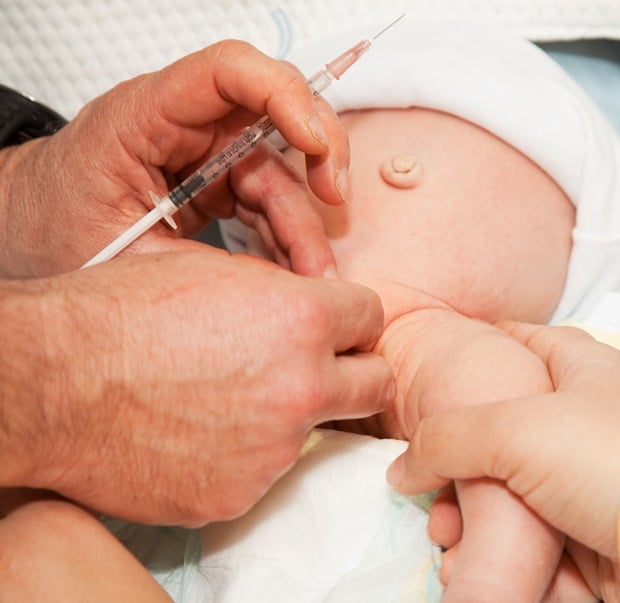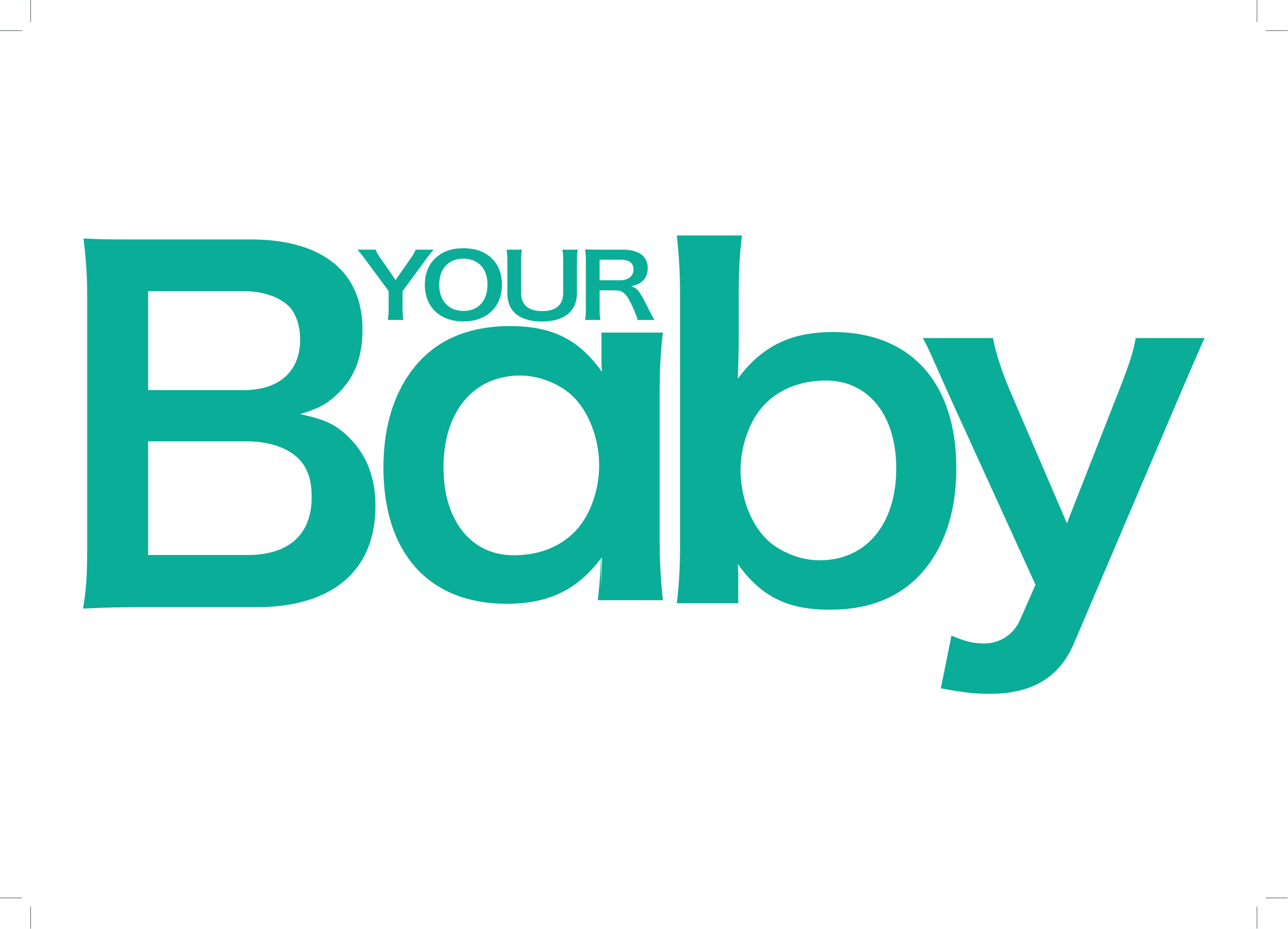
The debate on infant male circumcision is a sensitive one. We socially sanction the procedure if it’s performed for religious reasons. But medically it’s only legal when it resolves a medical problem and is in the best interest of the child. It’s seen as unethical and unnecessary by many doctors.
Circumcision is practised in Judaism, Islam and some Christian religions and in some South African cultures as a rite of passage to mark a boy’s entry into adulthood. Under the Children’s Act 2010 in South Africa, infant circumcision is illegal unless done for religious or medical reasons. The Act does not allow elective circumcision where there is no pathology.
Also read: Circumcision: yes or no?
Some fathers argue that they want their sons penises to look like theirs. Then there’s also the belief that an exposed glans is more “hygienic” – but in infancy nothing special is required to clean the penis. Do not pull the foreskin back when bathing a baby. It retracts by itself around age fi ve, at which point you can teach your son to gently wash the area under the foreskin.
The evidence that circumcision can prevent HIV/AIDS infection is highly controversial, still being researched and only applies to sexually active adults.
So why remove the foreskin in infancy, when an adult man can decide to do the procedure later in life?
Professor Daniel Sidler, a Cape Town paediatric surgeon, believes the best interest and future of the child should be the basis for any medical decision-making.
Circumcision closes that future since it’s irreversible. “The foreskin is a valuable and integral part of the penis with protective, immunological and sensual functions. Therapeutic circumcision, where pathology is present, has an unambiguous place in paediatric surgery but occurs rarely. Prophylactic (or preventative) indications for circumcision are very controversial,” he says.
Medical indications for a circumcision would include a few rare causes such as pathological phimosis (the narrowing of the foreskin) and balanitis (infection of the foreskin). These are extremely rare and surgery for them in infancy is even more rarely indicated. Balanitis is a medical, rather than a surgical, condition and can be treated with antibiotics or steroids.
Also read: How to take care of a newly circumcised penis?
Is the procedure painful and risky? “The nervous system of neonates is not fully developed and so they feel more pain than older children or adults. This is a well-researched scienti c fact,” argues Prof Sidler. Like any surgical procedure it carries risk and can lead to complications, including death.
Prof Sidler advises surgical intervention only if there is a clear clinical indication for it. “Parents must be informed about the legal, medical, psychological and ethical implications of any procedure. There are many adult males that are very angry that they were circumcised as infants. In South Africa a boy can sue his parents and doctor when he is 21 years old,” he says
From the mouths of moms
My sons are circumcised
Rebecca Smith, 33 has two sons aged four and 14 months. Both her boys are circumcised. “It was important to us to have them circumcised because their dad is circumcised. In our family it’s vital that all the men look the same. We also believe that it’s more hygienic. For starters, it’s easier to clean and look after if your son is circumcised.
Plus there are fewer chances of infection, so it’s a preventative measure against illness. Those are the external reasons we chose circumcision. We are also very religious and from a biblical point of view circumcision is our promise to raise our boys under that institution,” she says.
Also read: The thing about little boys
I wouldn't do it
Paula Skeet, 37 mother of Liam (three), chose not to circumcise her son. “When we found out that we were having a boy, I started reading up on circumcision. I had no idea that the Children’s Act 2010 makes the circumcision of male children under 16 unlawful except for religious or medical reasons.
As many of my friends had their boys circumcised, I had presumed it was simply up to us to decide. I had no religious reason for circumcision. My husband is circumcised, but that wasn’t reason enough for my son to be – he will be different from his dad in many ways. The STD risk argument also didn’t fly, as he should be practicing safe sex regardless of whether he is circumcised or not. My medical aid viewed it as an elective procedure.
In short, I concluded that the procedure was unnecessary. The strongest argument against the practice, in my mind, was the non-consensual, permanent, unnecessary altering of a body, which does not belong to me. Besides, why would a boy be born with a foreskin if it wasn’t a necessary part of the body? While I don’t agree with it, for many people it is a deeply important practice. In SA, where we have a choice, it is a personal decision for a parent to make on religious grounds.”
How do you feel about circumcision? Tell us by emailing chatback@parent.com.
Read more:
- To snip or not to snip: circumcision and mother's guilt
- The circumcision decision
- 'Circumcision will be his choice'
Sign up to our weekly newsletter to receive Parent24 stories directly to your inbox.




 Publications
Publications
 Partners
Partners














